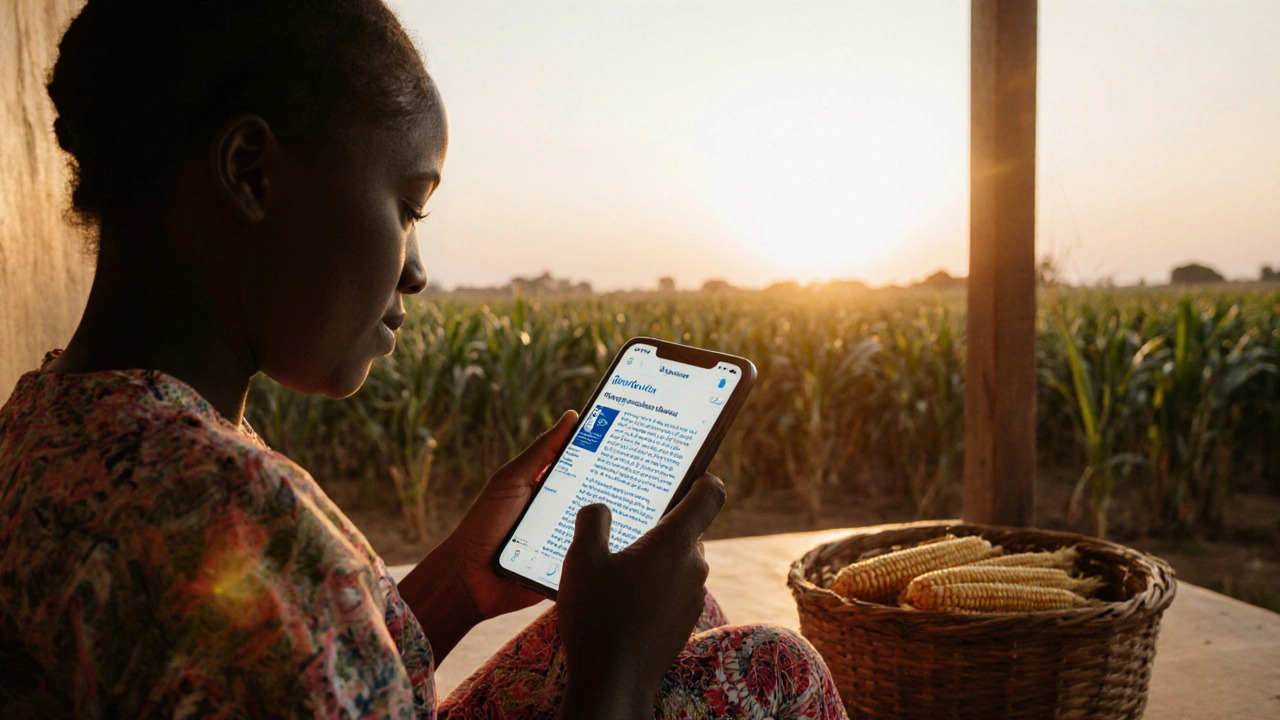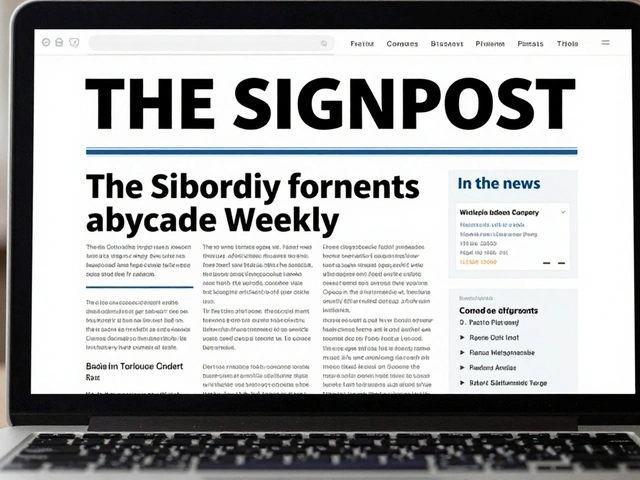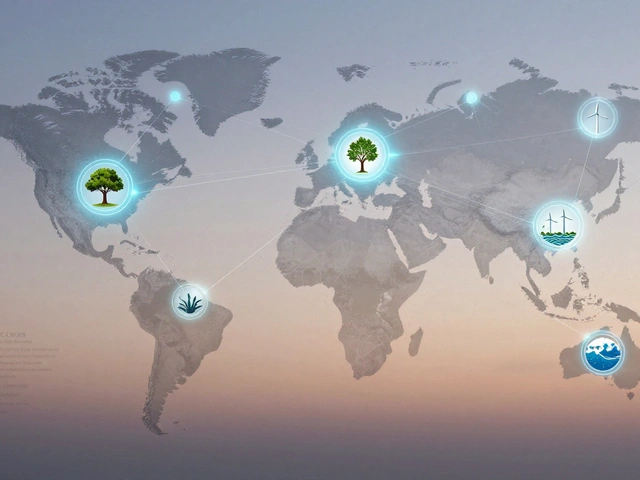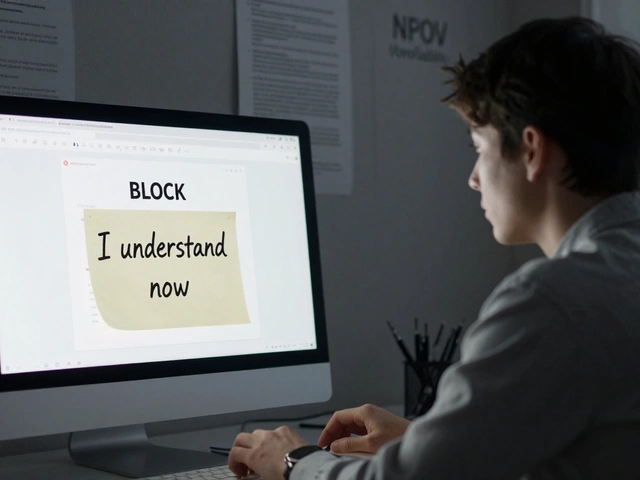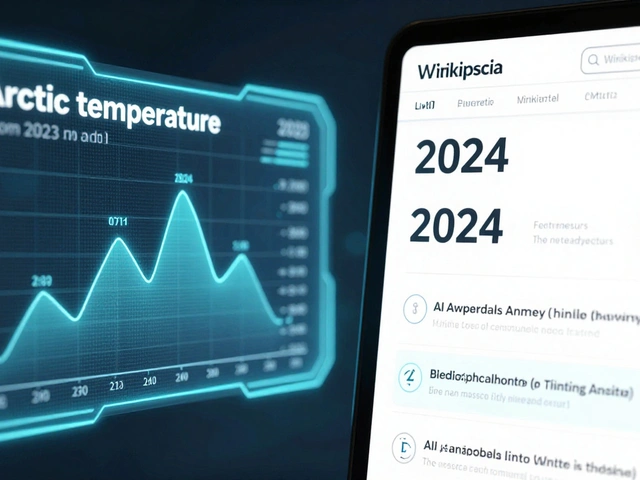Wikipedia in Swahili: How a Vital African Language Builds Global Knowledge
When you think of Wikipedia, you might picture English articles—but Wikipedia in Swahili, a free, community-driven encyclopedia in one of Africa’s most widely spoken languages. Also known as Vikipidia ya Kiswahili, it’s a living archive built by thousands of volunteers across Tanzania, Kenya, Uganda, and beyond. This isn’t just translation—it’s knowledge creation for people who’ve long been left out of the global information system. Swahili Wikipedia doesn’t just copy content from English. It answers questions that matter locally: how to grow cassava in drought-prone areas, what traditional healing practices are documented in medical journals, or how to navigate school systems in East Africa. It’s built by teachers, students, librarians, and activists who know that knowledge shouldn’t be locked behind English-only walls.
Wikimedia grants, funding that empowers local communities to grow content in underrepresented languages have been crucial. These grants helped train editors in rural Tanzania, funded Swahili-language edit-a-thons in Nairobi, and supported the creation of audio guides for people with low literacy. Without them, many articles on health, agriculture, or local history would never exist. And it’s not just about quantity—Wikipedia community, the network of volunteers who maintain, debate, and improve content on Wikipedia in Swahili is tight-knit. Editors rely on talk pages to resolve disputes, check sources, and make sure facts match local reality. They don’t just edit—they preserve culture. A single article on the Mau Mau uprising or the history of Zanzibar’s spice trade can be the most detailed version available anywhere online.
Wikipedia in Swahili is growing, but it’s still far from complete. Many technical, scientific, and legal topics are missing. Yet every new article adds weight to the argument that open knowledge must be multilingual. The people building this version aren’t chasing clicks or fame. They’re fixing a broken system—one where African voices are treated as afterthoughts. What you’ll find in the posts below are stories of how this happens: how grants turn ideas into articles, how editors fight misinformation, and how a language once dismissed as "just a trade tongue" now carries the weight of global knowledge. This isn’t a footnote in Wikipedia’s story. It’s the core of what makes Wikipedia matter.
African Language Wikipedias: Building Knowledge Resources
African language Wikipedias are growing fast, letting communities build digital knowledge in their mother tongues. From Swahili to Yoruba, these projects are rewriting how knowledge is shared across the continent.
